Please create a free account, or login by clicking here.
Petland Batavia, Illinois
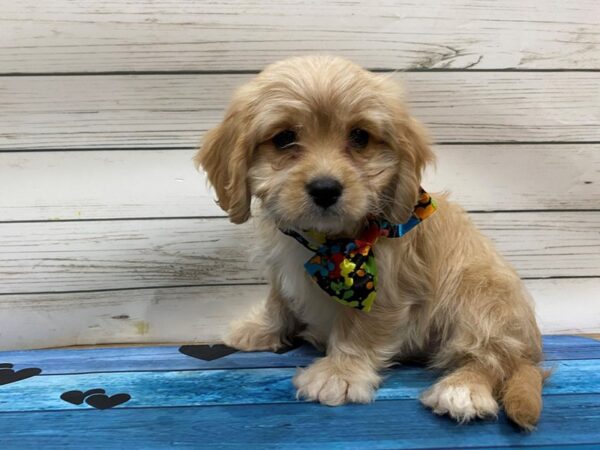 Adopted
Adopted
Status
Adopted
Reference ID
13257
Birth Date
11-04-2021
Gender
Female
Color
Apricot
Please fill out our contact form below.
"*" indicates required fields
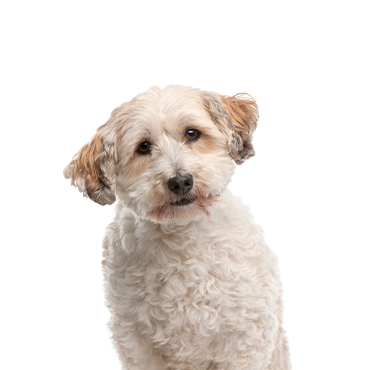
The Bichon Poodle is more of a teddy bear-like breed and they are suitable to be pets and lapdogs. They are suitable for show and also serve as the classic home dogs. Since it is a hybrid, it does take all of the features of its parents. Discover more about our Bichon Poo puppies for sale below!
Breed History
The Bichon Poo is a combination of the Bichon Frise and the Poodle. More of a crossbreed if you may and they do take on the features of the parents.
The Bichon Frise is known to have origins in the Mediterranean and was used as travel dogs by the Italians who subsequently returned them to France. They were adopted as regal and they were used in shows too. They are known to be very fluffy and playful.
The Poodle, on the other hand, is known to be a water retriever and is also skilled in a lot of canine sports though it is used more as a companion and a trophy dog. The Bichon Poo is a combination of these two dogs.
Temperament
The Bichon Poo breed is known to be very smart dogs and very intelligent too. They are easy to train and can be very friendly. They are loyal and will alert you if there are any noises that they cannot explain. They do well with children too and will be thrilled to play with them.
You should get them trained early enough so they know how to relate with other pets and with people. They tend to suffer from separation anxiety if left alone for long periods of time. Overall, they are active companions and fun too.
Environment
The Bichon Poo thrives in environments with a lot of people. Naturally, they are very sociable so if they are socially exposed at an early age, they may be friends to even the felines. They love attention and would love to be in the midst of children they could play with.
Exercise
For the Bichon Poo, 30 minutes of exercise a day is ideal. They are more of toy dogs and could be very little so you wouldn’t want to over-exercise them. This 30 minutes could include playtime with your children who would want to run around with him.
Since they are very fragile, you shouldn’t over-exercise them when they’re very young. You could wait until they’re 6 months old before taking them out on long walks. The key is to remain fit and so whatever form of exercise should be minimal.
Grooming
The Bichon Poo has a remarkable coat. Its hair is curly and it has a button like a nose that just sits right on its face. It almost looks like a teddy bear. Taking care of the Bichon Poo requires a lot of work so you could keep its coat in good condition.
First of all, you’d need to brush its coat daily and this is very important so you could avoid instances of matting which could occur. Given the fact that it has a curly coat, if it is not brushed daily, you run the risk of getting their coats matted and this could be detrimental to their health. They also need proper dental care.
So, it is advised that you give your dog a proper brush every day if you can and you could also try out some dental treats that could help them build stronger teeth and dispel any tooth problems they may have.
Our Bichon Poo puppies for sale come from either USDA licensed commercial breeders or hobby breeders with no more than 5 breeding mothers. USDA licensed commercial breeders account for less than 20% of all breeders in the country.
The unregulated breeders who are selling outside of the USDA regulations and without a license are what we consider to be “Puppy Mills.” We are committed to offering Bichon Poo puppies who will grow up to become important members of your family. We only purchase puppies from the very best sources, and we stand behind every puppy we sell.
Contact us today to learn more about the availability of our Bichon Poo puppies for sale. We look forward to helping you find your next family member. Our pet counselors can answer any questions you have about our Bichon Poo puppies.
Ten Frequently Asked Questions About the Bichon Poo
How big can a Bichon Poo grow?
This breed of dogs is more like toys and so they could be 9 to 14 inches when they’re fully grown.
How much exercise do Bichon Poos need?
Every dog needs their daily exercise and the Bichon Poo is no exception. You could exercise them for 20 to 40 minutes daily.
How often should a Bichon Poo be bathed?
You could bathe your dog once or twice a month if you are up for it. They do need enough grooming. Make sure to brush their coat only when damp and not when it’s dry.
How long can Bichon Poos live?
The average lifespan of a Bichon Poo is 12 to 15 years.
What diseases are Bichon Poos prone to?
Though a lot of these diseases are rare, it is important to be in the know of your dog’s allergies and the diseases they may be susceptible to. One of such is the progressive retinal atrophy which is hereditary because the Poodle is susceptible to this.
This disease causes progressive blindness in the eyes of the Bichon Poo. Another such disease is the patella luxation which causes dislocation of the dog bones. This could be very painful for the dog.
Are Bichon Poos hypoallergenic?
Yes, they are.
Are Bichon Poos known for barking?
The Bichon Poo mostly barks to get the attention of its owner or when there are strangers around. They aren’t known to be aggressive.
When will the Bichon Poo get to full size?
This dog attains its full size when it is about 12 to 18 months old.
Are Bichon Poos good dogs?
Naturally, these dogs are friendly and affectionate and loyal too. You could say they’re suitable companions.
How much food can Bichon Poos eat daily?
Well, this naturally depends on the owner. You could choose to feed them 4 to 5 times daily or just twice.
The Bichon Poo is an intelligent and very friendly dog and they could be suitable companions too.
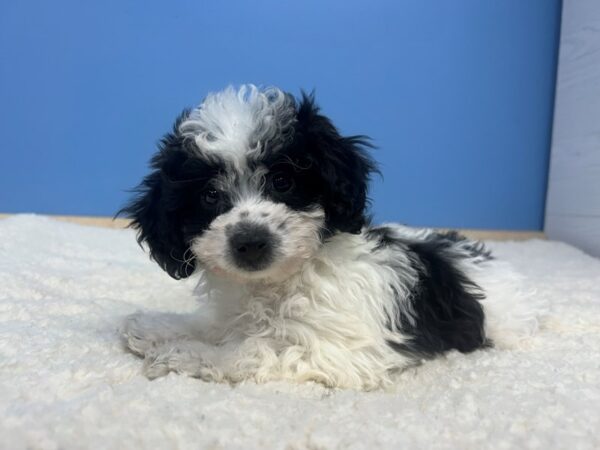
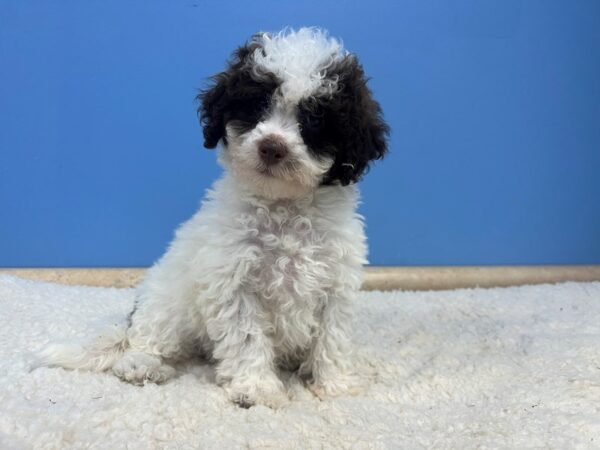
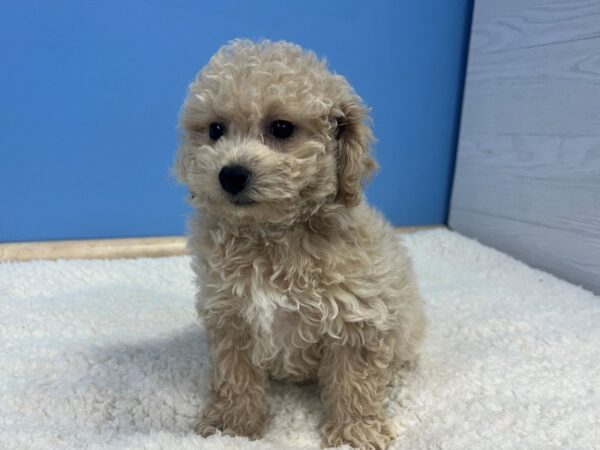
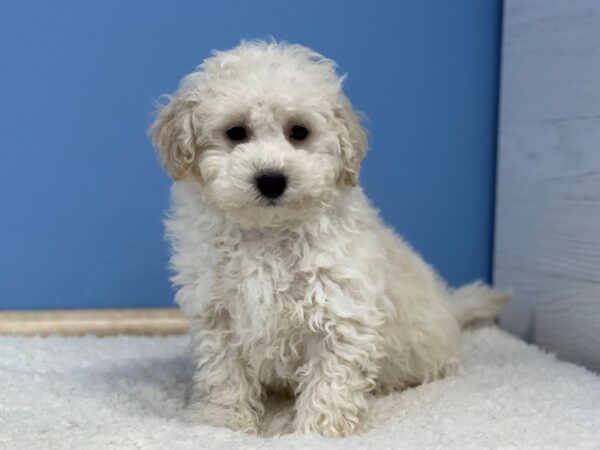
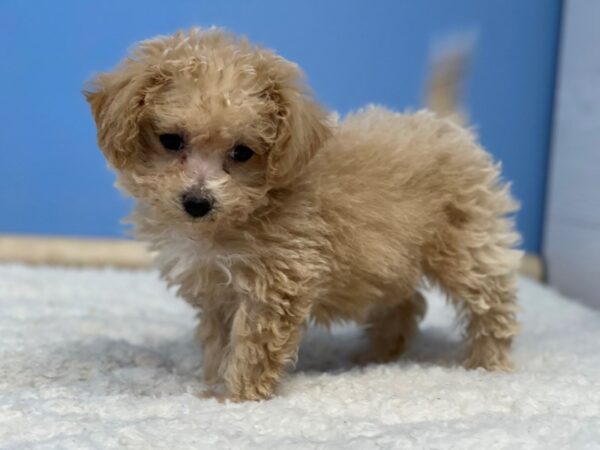
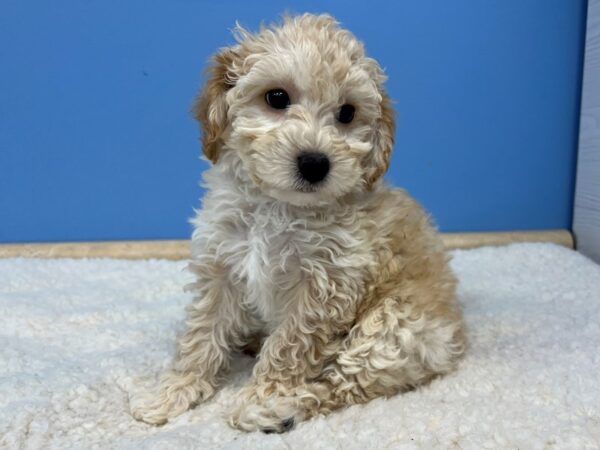

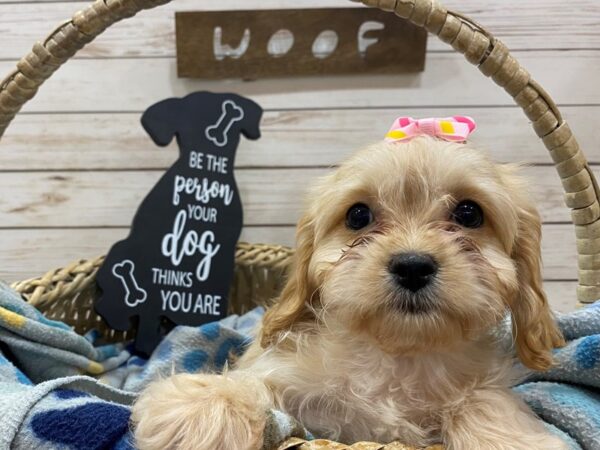
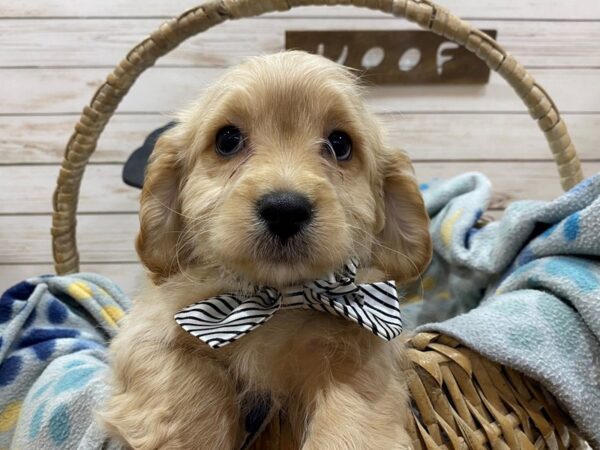
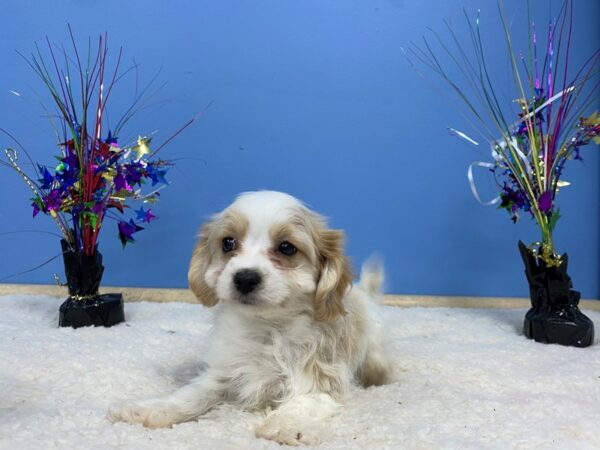
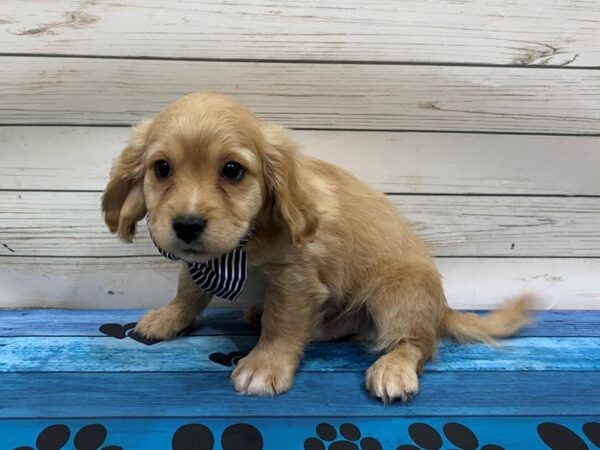
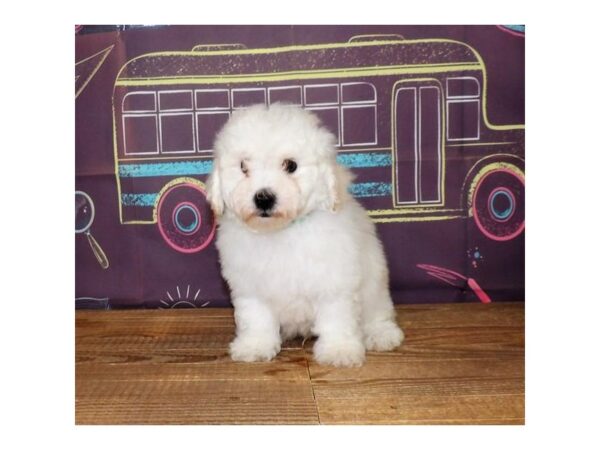
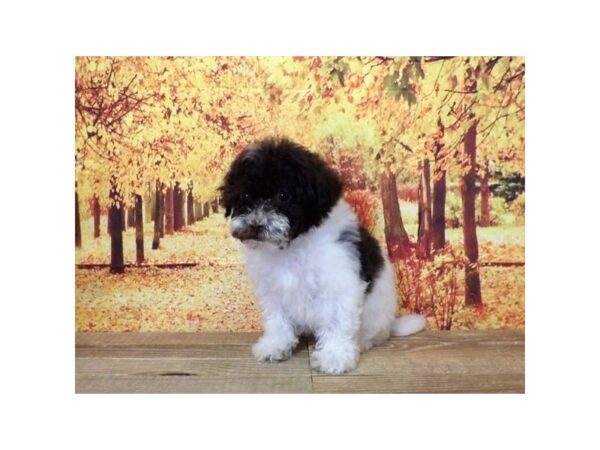
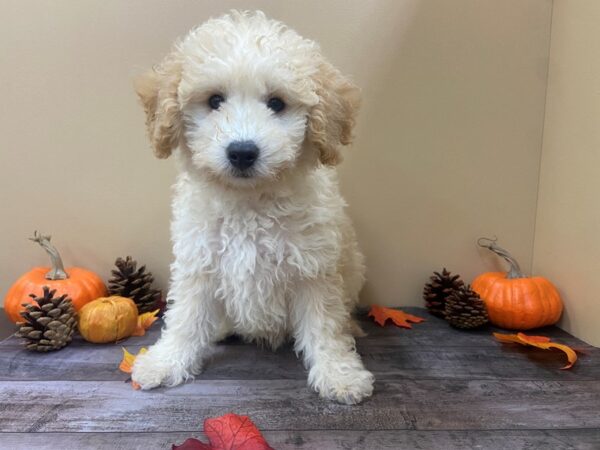
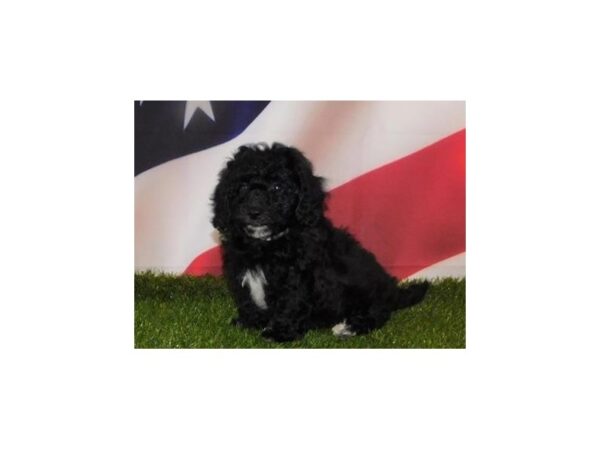
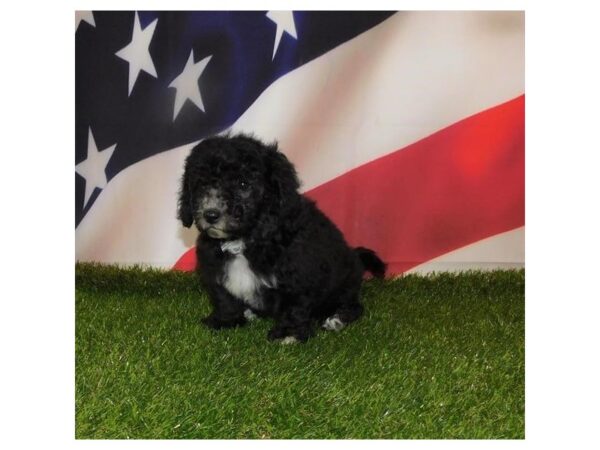
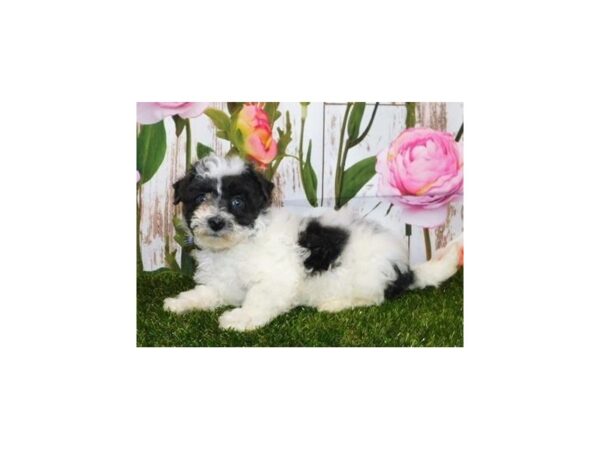
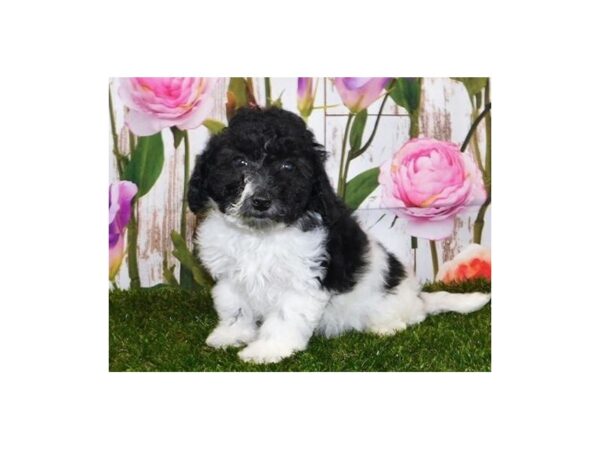


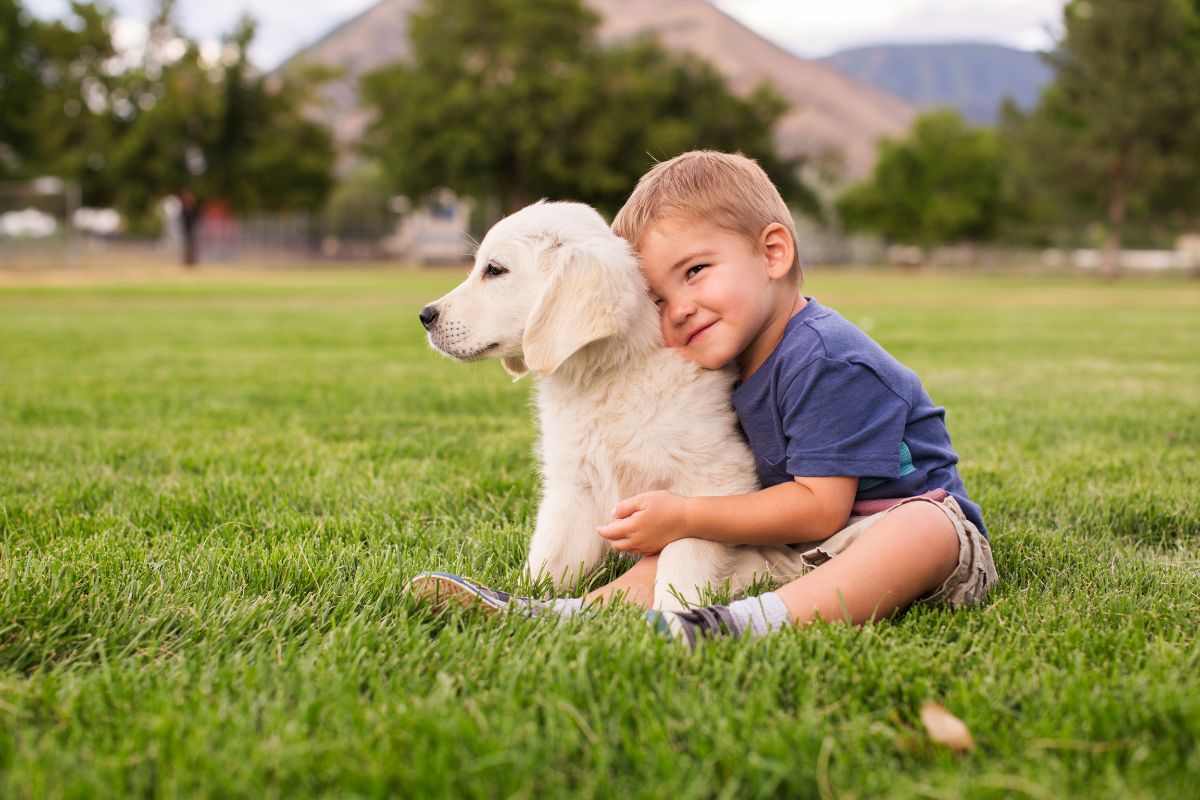
Bringing home a new pet is an exciting milestone, but choosing where to find your furry family member can be challenging. Petland has established itself as a reliable and compas...

That adorable puppy isn’t just cute; it’s a complex creature needing specific things — understanding what makes a puppy thrive is key to their happiness and de...
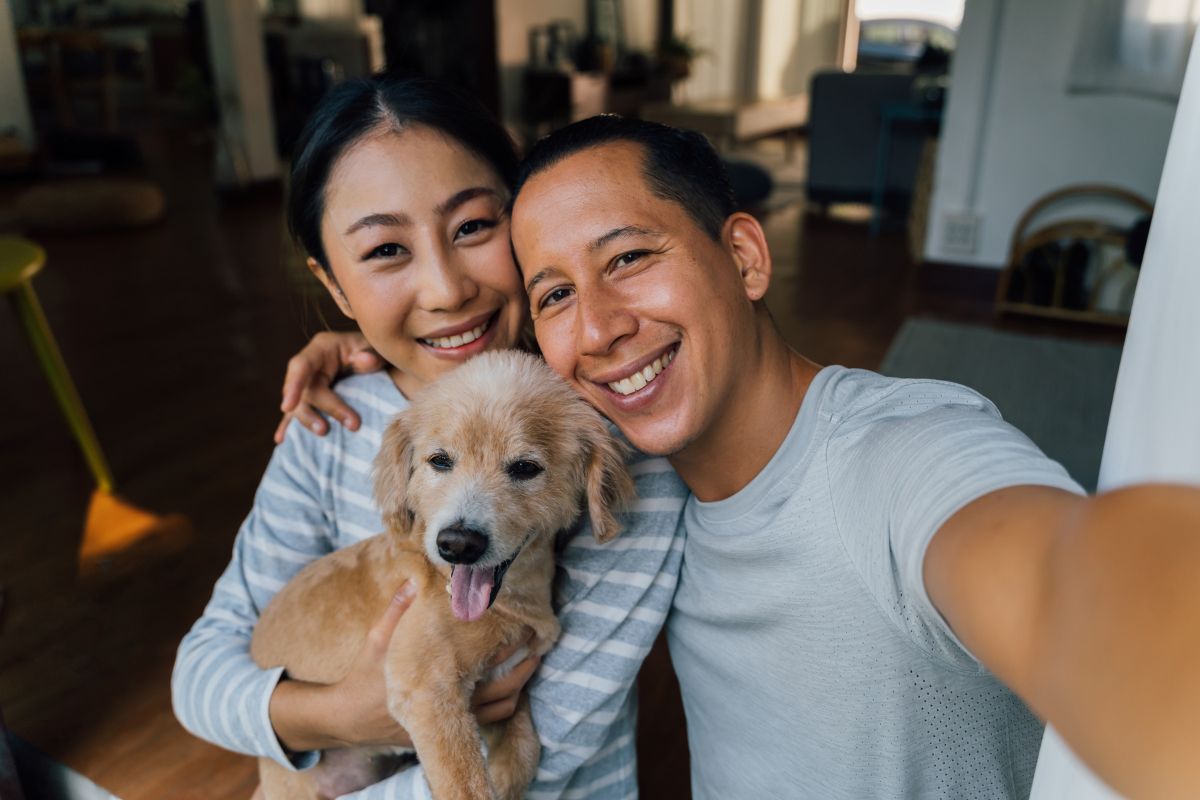
So, you’re thinking about getting a puppy from Petland? Get ready because you’re not just taking home a bundle of furry joy. You’re also getting a full-on star...
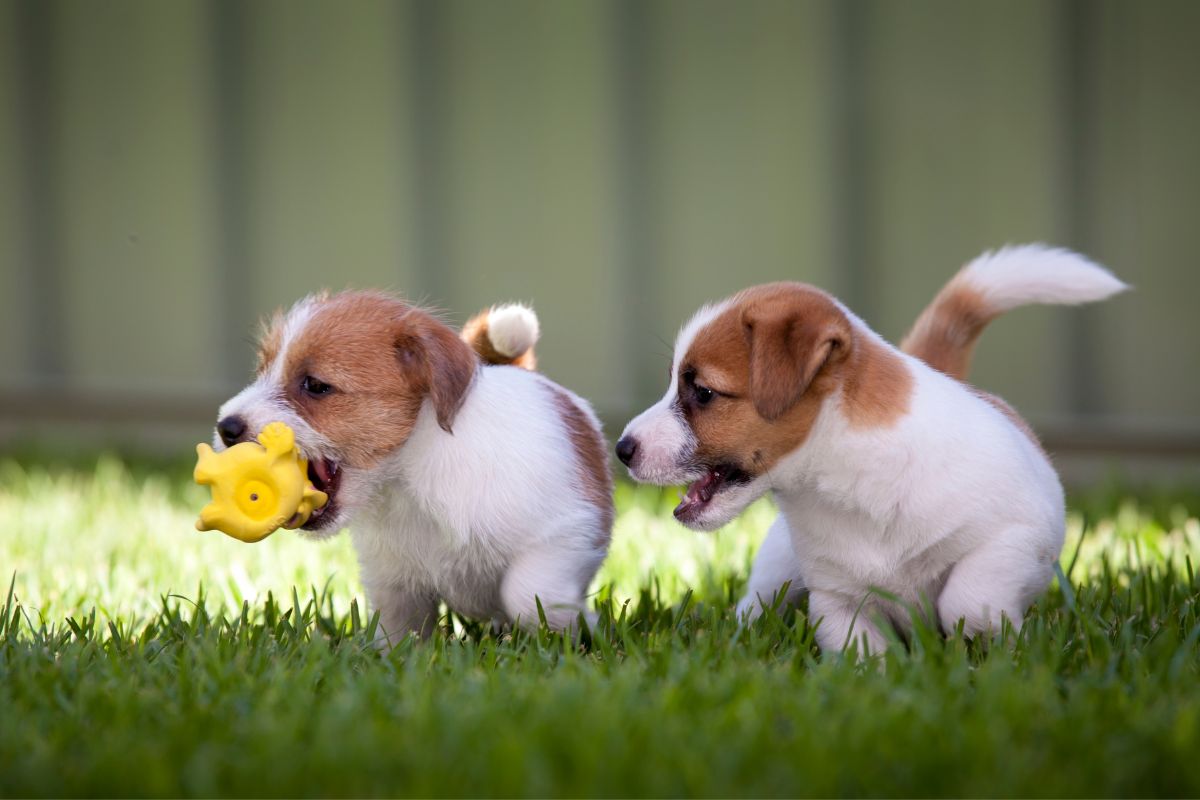
Bringing home a new puppy is like adding a little tornado of energy to your life. They zoom around, chew on everything, and look at you with those big, eager eyes that say, R...
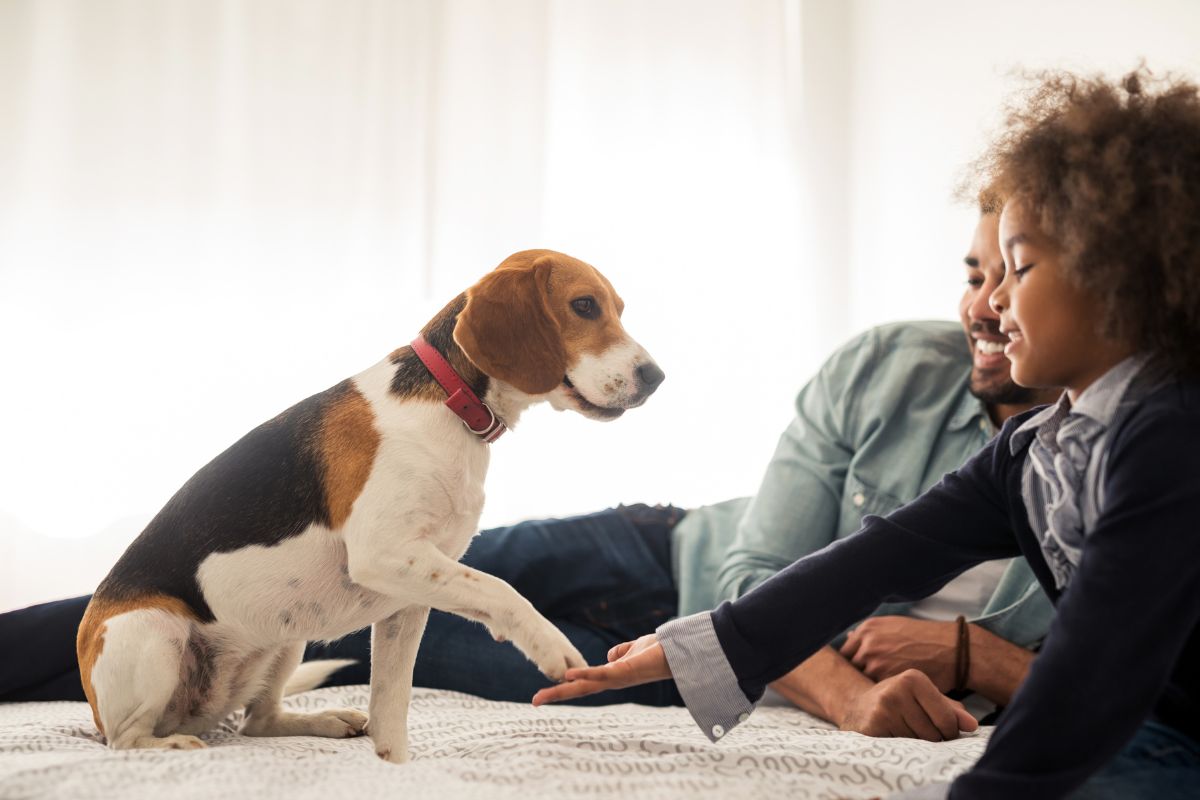
Bringing a dog into your family is a big decision that comes with lots of joy, responsibility, and, of course, plenty of tail wags. With so many breeds to choose from, finding t...
Image Not Found
So, you’ve decided to add a four-legged best friend to your life—congrats! But now comes the hard part… which breed is right for you? Choosing a dog isn’...
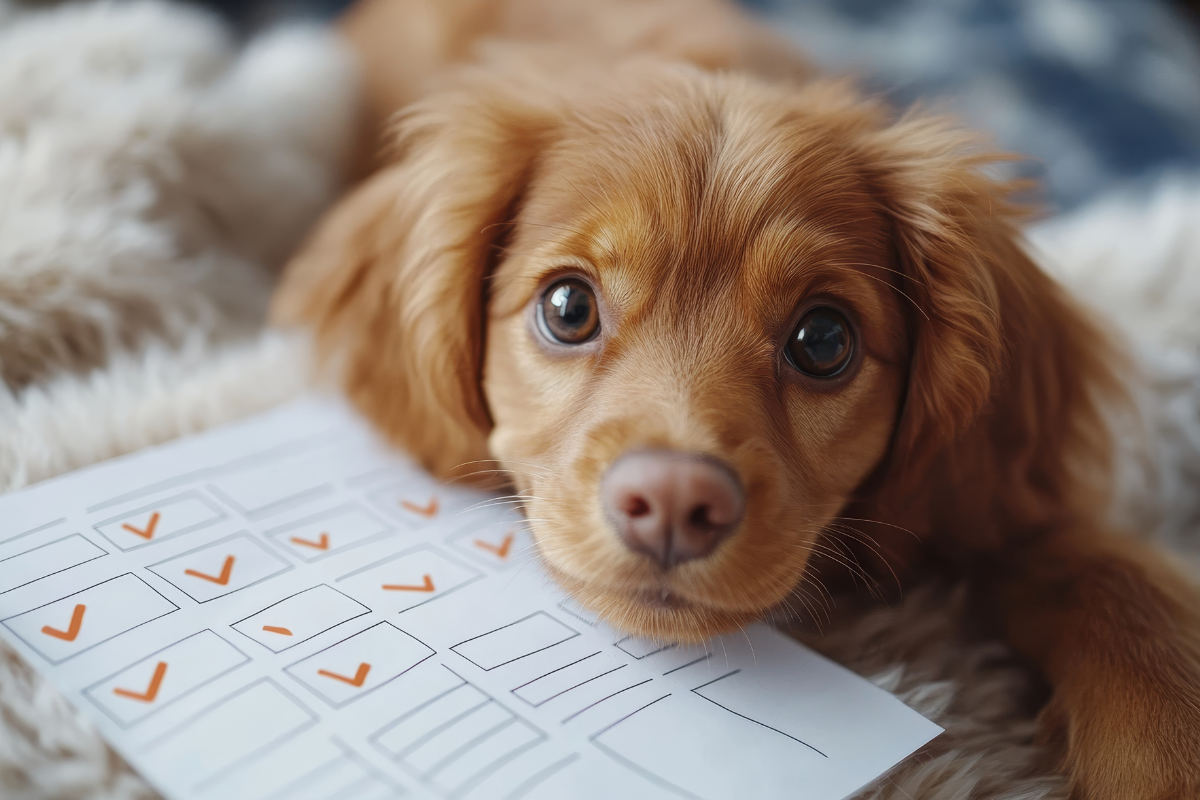
Bringing home a new puppy? Get ready for cuteness overload, lots of tail wags, and… a bit of chaos too. Puppies are like tiny, adorable tornadoes that can turn your world ...
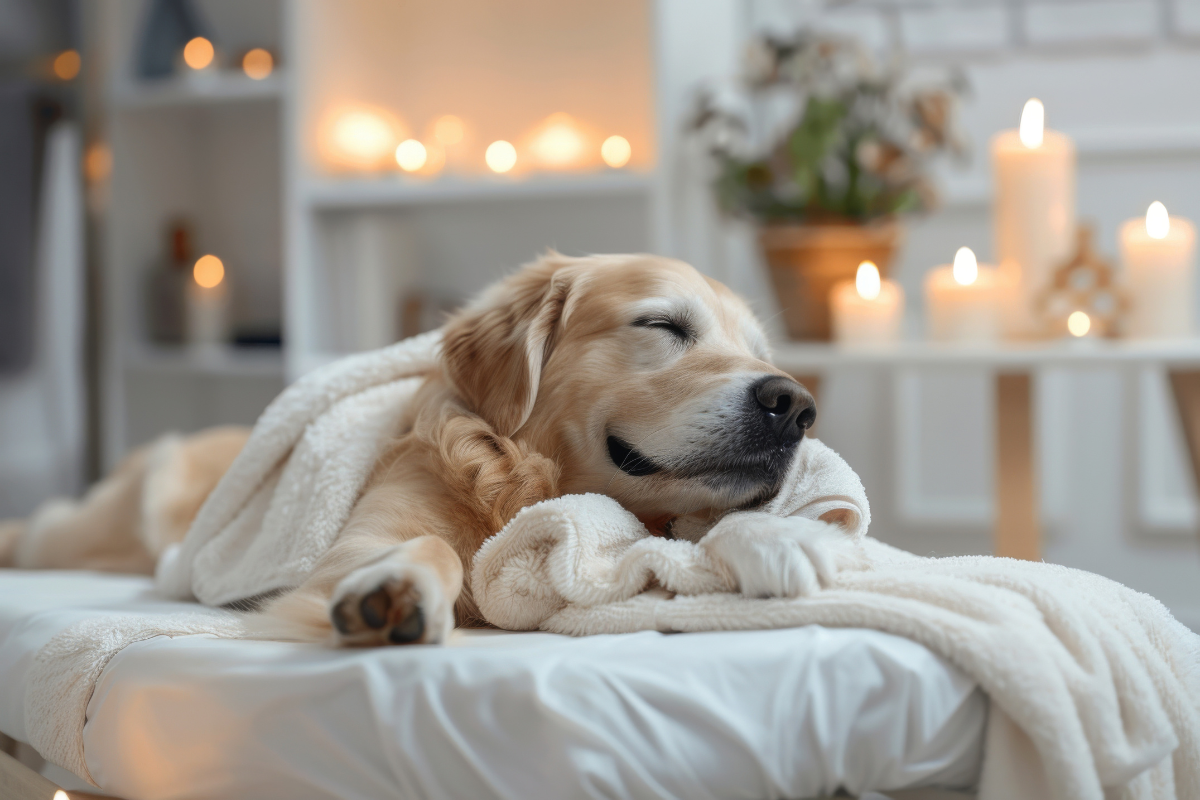
Self-care is all about wagging your tail and feeling pawsitively great! It involves activities that keep you happy, healthy, and full of energy. Whether it’s a daily walk,...

Bringing a puppy into your life is like welcoming a furry little tornado of joy, energy, and endless cuteness. But let’s be real—along with the cuddles and wagging t...

As a cat owner, ensuring the health and safety of your furry friend is a top priority. With the emergence of avian influenza, commonly known as bird flu, it’s crucial to u...

Ah, Christmas! The time of year when homes are aglow with twinkling lights, the air is filled with the scent of pine, and everyone is wrapped in a warm, fuzzy feeling of joy and...
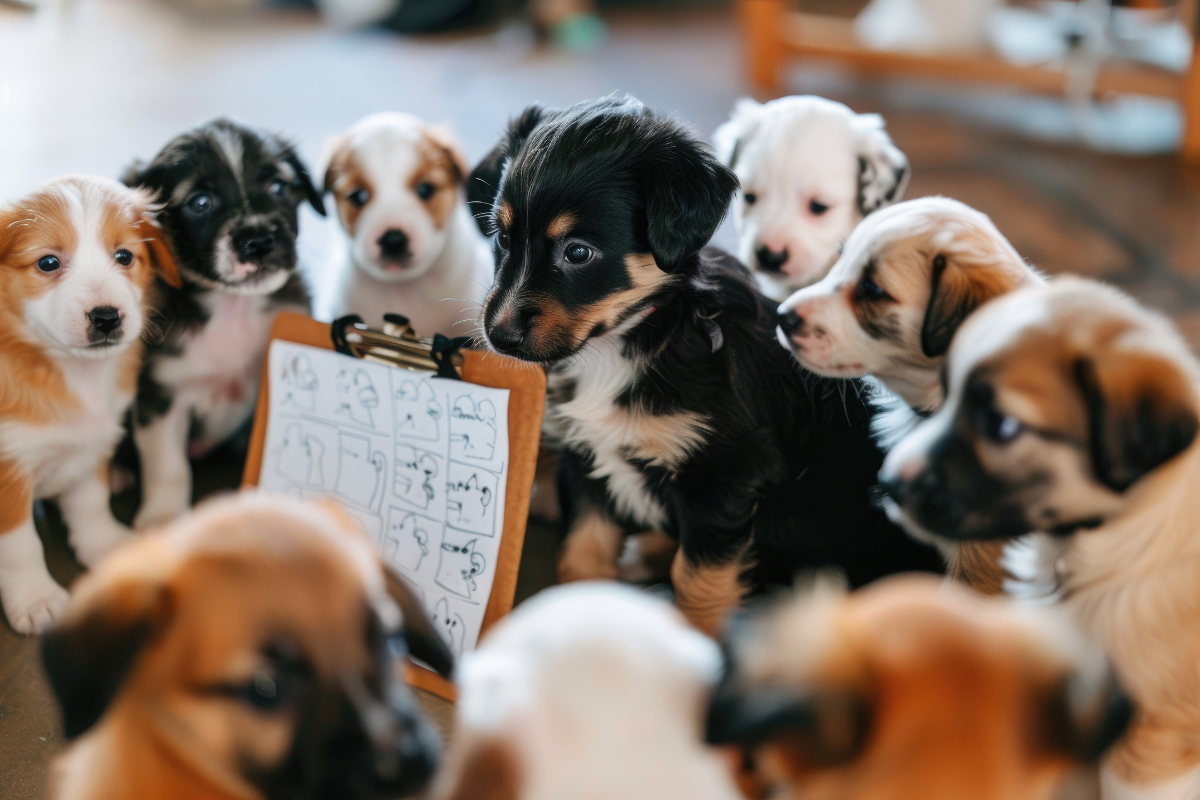
There’s nothing like the joy of bringing a fluffy, four-legged bundle of joy into your life. Puppies are the ultimate companions—full of love, energy, and just a lit...
Trustindex verifies that the original source of the review is Google. They have the most adorable puppies! The employees there are so amazing and niceTrustindex verifies that the original source of the review is Google. Very good place to buy dogs. I have lost my dog. She passed away and I have very sadness and I’m very happy.
"*" indicates required fields
"*" indicates required fields